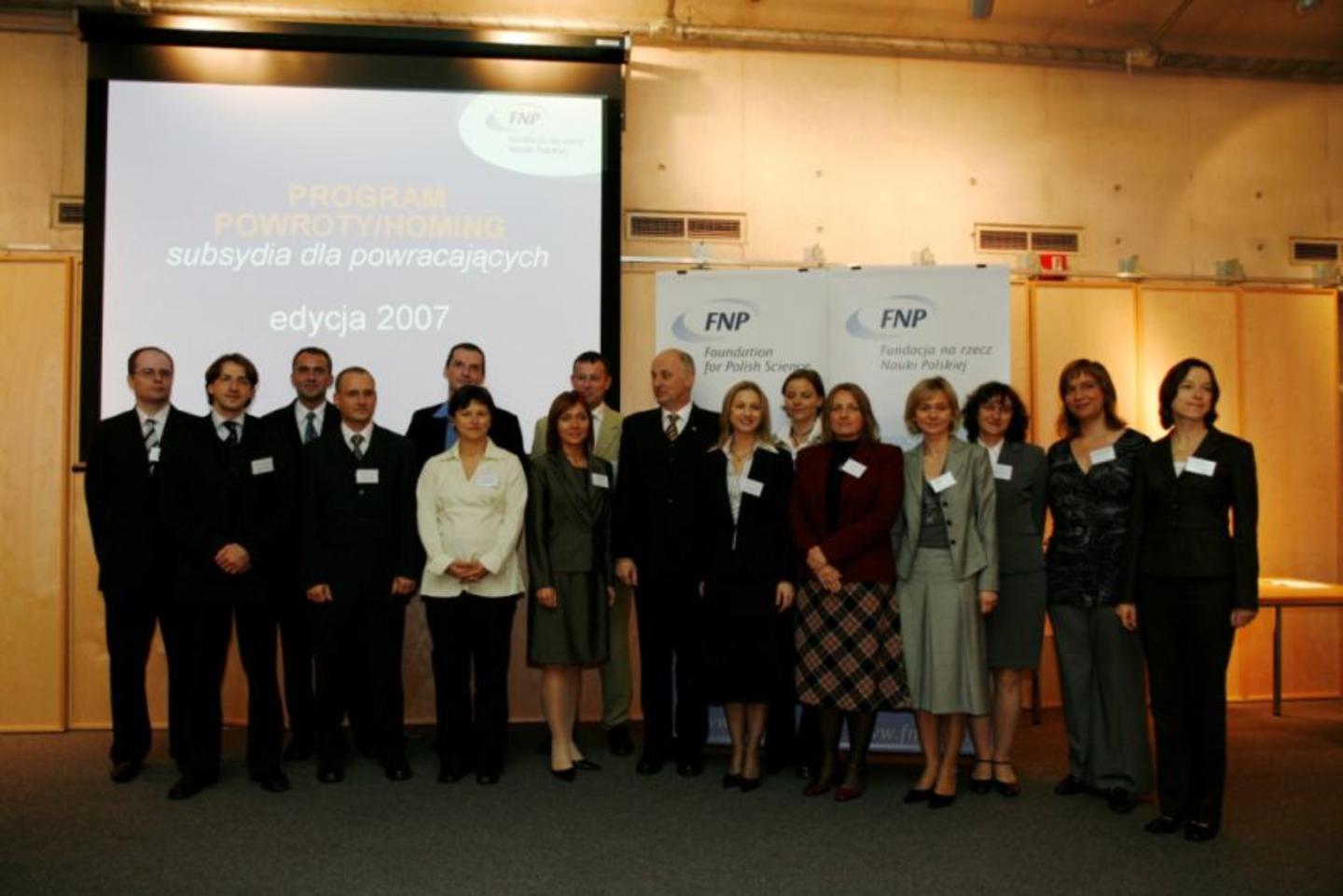The HOMING scheme is aimed at encouraging young scientists to return to Poland and was set up in 2006 by the Foundation for Polish Science, and has received 60 percent support from the EEA Grants since 2007. “Our aim is to counteract the massive brain-drain that the Polish scientific community has been suffering from in recent years,” HOMING Programme Officer Malgorzata Chmielecka said.
In the second of a total three competitions for scholarships supported by the EEA Grants, 16 young researchers received grants, following the 16 scholars that have already benefited from the programme. The grants are awarded to young but experienced scientists who have decided to return to Poland after a lengthy scientific stay abroad. The young researchers selected this year have research stays behind them at universities and research institutes in the United States, Japan, the Netherlands, France, Switzerland, Italy and Great Britain.
The researchers receive grants set at a maximum of €12,500 a year. “These scholarships provide the researchers with a ‘soft landing’ back in Poland”, Chmielecka said, adding that the support is an important step on the researchers way to scientific independence in Poland. The difficulties facing young Polish scientists upon their return to their home country was underlined at the award ceremony by Professor Maciej ¯ylicz, President of the Foundation for Polish Science who especially highlighted poor financial conditions and an inflexible science management system as deterrents to scientists considering a return to Poland. “Through this initiative the Foundation seeks to improve the present status quo by providing appropriate conditions for the development of young scholars,” ¯ylicz said.
The selected researchers are offered two-year personal scholarships together with a research grant. The scholarship is meant to make their return to Poland more comfortable and allow the researchers to improve their working conditions, purchase new equipment and cover other costs such as travel expenses.
“The programme has been very warmly welcomed by the scientific community in Poland,” Chmielecka said, adding: “There is a strong need for such a grant scheme in Poland, and the high number of researchers applying for grants is proof of its timely launch.” In the two completed rounds 90 researchers submitted grant applications, and according to Chmielecka the interest for the HOMING programme is on the rise. In order to further support young researchers returning to Poland, the Foundation has concluded several agreements with renowned institutions, among these the US National Science Foundation, the Research Council of Norway, Max Planck Geselschaft, Institute for Human Science in Vienna, Deutsche Forschungsgemienschaft and Alexander von Humboldt Stiftung, which guarantee so-called matching funds for successful applicants. The Foundation for Polish Science plans to continue the HOMING programme also after the funding from the EEA Grants runs out.
For more information, visit the HOMING programme’s website
.
